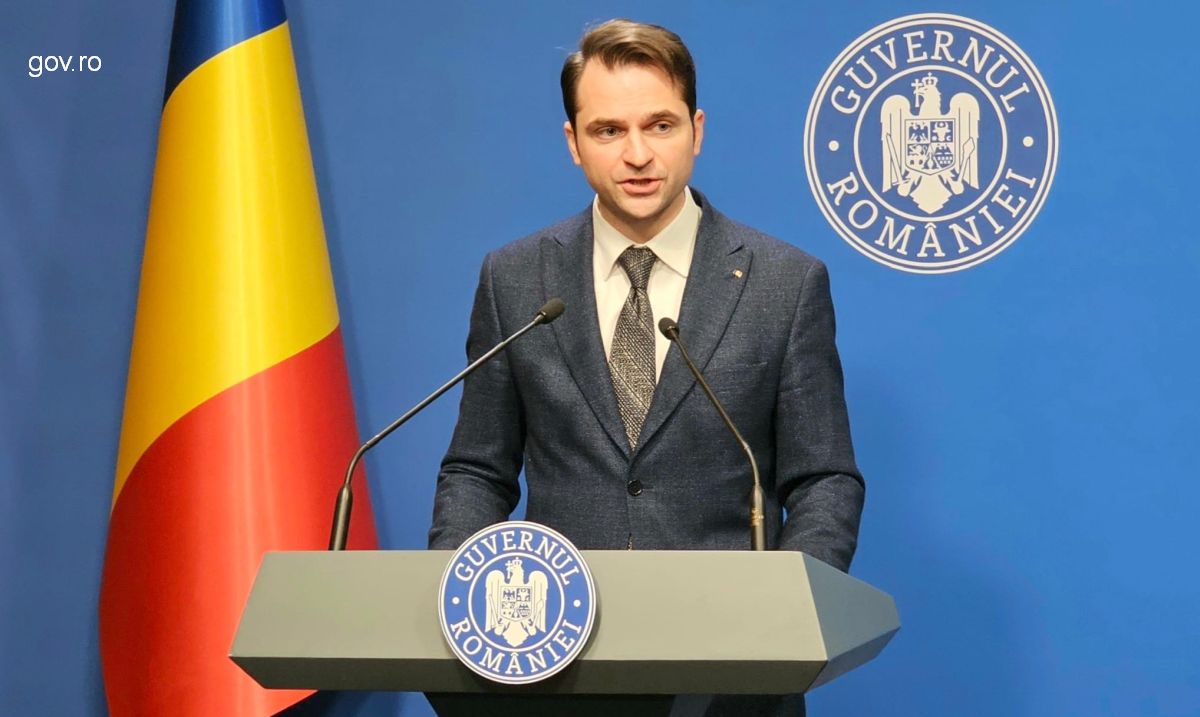Russia: concerns and sanctions
Several US Senators have criticised Russia’s interference with the Romanian presidential elections, while the EU has adopted sanctions against Russian agents accused of destabilising actions abroad

Leyla Cheamil, 17.12.2024, 14:00
Four US Senators, both Republicans and Democrats, have condemned Russia’s interference in the Romanian presidential elections and have expressed support for Bucharest in its fight for the integrity of the election process. The signatories include Ben Cardin, head of the Senate’s committee on foreign relations, and Jeanne Shaheen, chair of the subcommittee on Europe and regional cooperation.
In a statement posted on the US Senate website, they state that president Vladimir Putin’s attack on the Romanian elections is yet another example of the hybrid war Russia is waging on the United States’ European allies and partners. The Senators say the US “stands in support of Romania as it urgently moves to hold certifiably free and fair presidential elections.”
The first round of the presidential elections in Romania, on November 24, was cancelled over concerns that the vote was not fair because of illegal practices supported by Moscow on social media, especially on TikTok.
The US Senators condemn “Putin’s manipulation of Chinese Communist Party (CCP)-controlled TikTok to undermine Romania’s democratic process. The world must wake up to the serious threat to democracy posed by Russian manipulation of TikTok to undermine our free societies.”
They add that the Romanian government has uncovered this assault on their democracy, and appreciate Bucharest’s decision to declassify intelligence related to the investigation and keep the United States and the international community informed.
In turn, the European Union announced on Monday that it had adopted the first sanctions in response to “hybrid activities” on its territory, against Russian agents accused of “destabilising” actions in the EU. The bloc also accuses Moscow of cyber-attacks and disinformation, especially during elections in the EU.
According to the Council of the European Union, the sanctions target individuals and entities that “undermine the fundamental values of the EU and its member states, their security, stability, independence and integrity, as well as those of international organisations and third countries through hybrid activities of various kinds.”
A total of 16 individuals and 3 entities are targeted by the sanctions, according to the Council. The measures, which include the freezing of assets in the EU, a travel ban and a ban on being financed by European companies, were decided as part of a new sanctions framework approved in October. This is separate from the one used against Russia in response to its invasion of Ukraine in February 2022. (AMP)






























